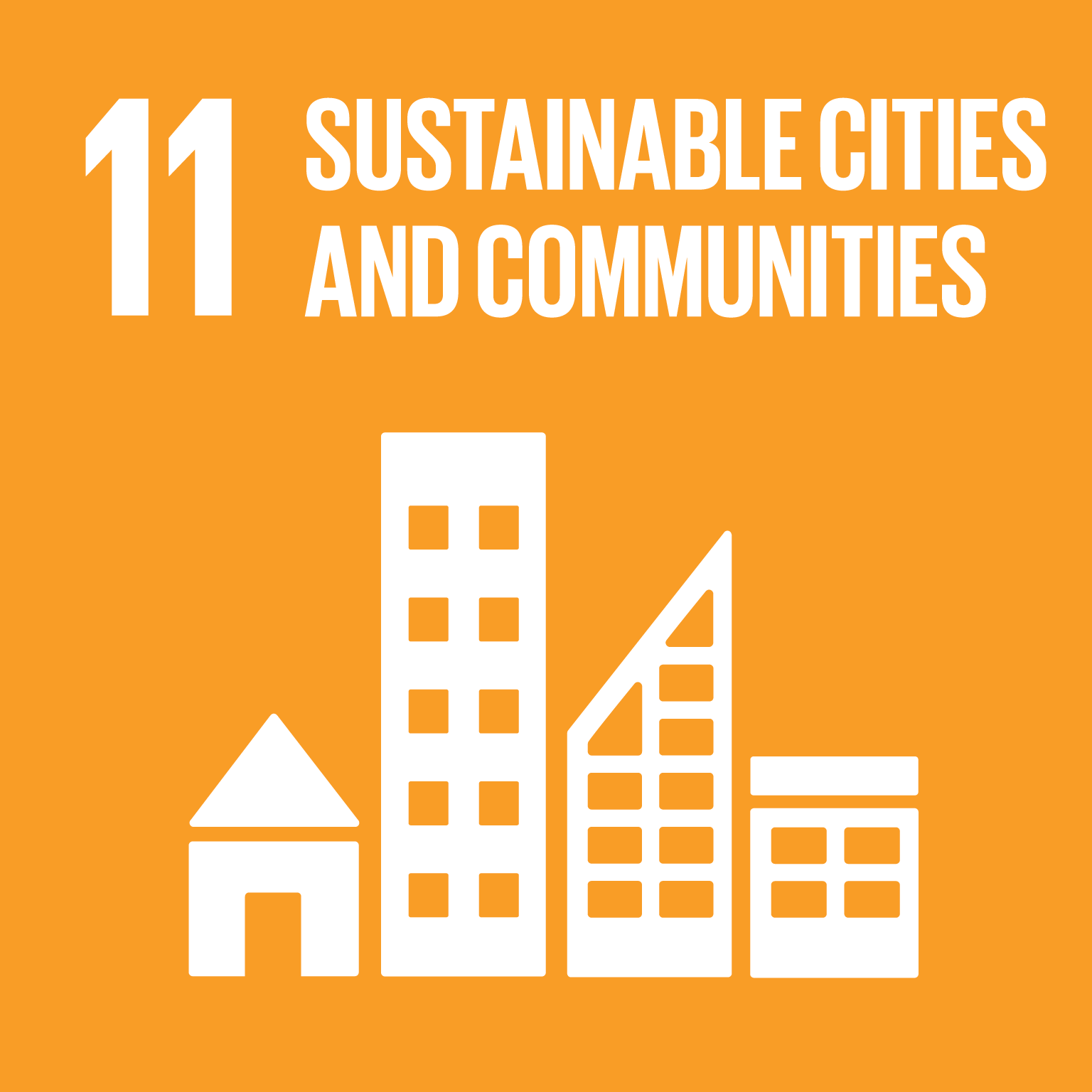Our social world is dramatically changing. We are all connected and leave digital footprints behind. Computational Social Science is about leveraging the power of big data, computer simulations and social networks to understand social phenomena and individual behaviour. The new BSc degree in Computational Social Science is at the forefront of this development in Europe. It provides a unique combination of training in social sciences subjects. You learn how to understand human social behaviour through data analysis, social simulation and mathematical modelling, providing crucial skills for a competitive job market.
- Duration:
- 4 Year(s)
- Next Intake:
- 2024/2025 September
- General Entry Requirements (A-Level)
ABB / BBBD / BBB + D AS Level
- General Entry Requirements (IB)
29
- Subject Requirements (Mathematics)
GCSE C / AS Level D / A Level E
IB SL 4 / HL 3
- Country Specific Entry Requirements:
- Visit the UCD Global Undergraduate Entry Requirements webpage.
Curricular information is subject to change.
Do you want to work for Google, Facebook or another company that deals with big data about individuals, social networks or social groups? The new BSc degree in Computational Social Science provides excellent employment opportunities in social media companies, but also in traditional sectors where the analysis of social and consumer data is ever more important. Strong analytical skills are combined with solid training in social sciences subjects such as Sociology, Politics, Economics or Geography.
About this Course
Below is a list of all modules offered for this degree in the current academic year. Click on the module to discover what you will learn in the module, how you will learn and assessment feedback profile amongst other information.
Incoming Stage 1 undergraduates can usually select an Elective in the Spring Trimester. Most continuing undergraduate students can select up to two Elective modules (10 Credits) per stage. There is also the possibility to take up to 10 extra Elective credits.
During the third year, we offer a study abroad trimester. Destinations include countries such as: Belgium, England, France, Italy, Netherlands, Norway, Spain, USA, Australia, China and South Korea, and the list is continuously expanding.
This degree is designed to prepare students for employment in companies such as Google or Facebook, but also for work in traditional sectors where the analysis of social data is becoming more and more important. Over the next few years, there will be an increasing demand for graduates who can combine social sciences training with analytical and programming skills. It also leads to a range of graduate study opportunities in social sciences, social data analytics, statistics or computer science.
Non-EU Undergraduate Fee information can be found here.
UCD offers a number of competitive undergraduate scholarships for full-time, self-funding international students, holding an offer of a place on a UCD undergraduate degree programme. For information on Undergraduate Scholarships, please see the UCD International Scholarships webpage.
The UCD College of Social Sciences and Law is a broad and diverse, but connected community of students and faculty who are committed to creating a more sustainable and equitable future for all. We work together in a culture of collaboration to support each other to thrive and achieve our full potential, in service of broader societal goals. Through our undergraduate and graduate education, research and external engagement, we aim to ensure that our students, faculty and staff thrive and contribute to sustainable well-being on our campus, in Ireland and across the wider world. Our faculty are globally recognized experts in their fields, advancing knowledge through research, engaging with government, business and civil society to enhance our world, and using their knowledge to design and offer cutting-edge education within their disciplines and across the disciplines of Archaeology, Economics, Geography, Information & Communication Studies, Philosophy, Politics & International Relations, Psychology, Social Policy Social Work & Social Justice, and Sociology. Our ambition is that our students will debate and engage with the greatest societal challenges of our time by becoming informed citizens who will play a leading role in shaping societies around the globe toward more sustainable futures.
The Social Sciences degrees at UCD incorporate a diverse range of formal and informal learning opportunities for students, delivered by excellent researchers who are leading their fields globally, and embedding the UN’s sustainable development goals (SDG’s) in their educational activities where appropriate.
BSc Computational Social Science
Computational Social Sciences students learn about a field that harnesses the power of big data, computer simulations, machine learning and social network analysis to gain insights into social phenomena and individual behaviour. The unique combination of computational skills and training in social sciences subjects such as Sociology, Politics, Economics and Geography help students to positively contribute to addressing many of today’s global challenges including reducing inequalities and decent work and economic growth.
- Quality Education (SDG 4)
- Decent work and economic growth (SDG 8)
- Industry, innovation and infrastructure (SDG 9)
- Reduce Inequalities (SDG 10)
- Sustainable Cities and Communities (SDG 11)





